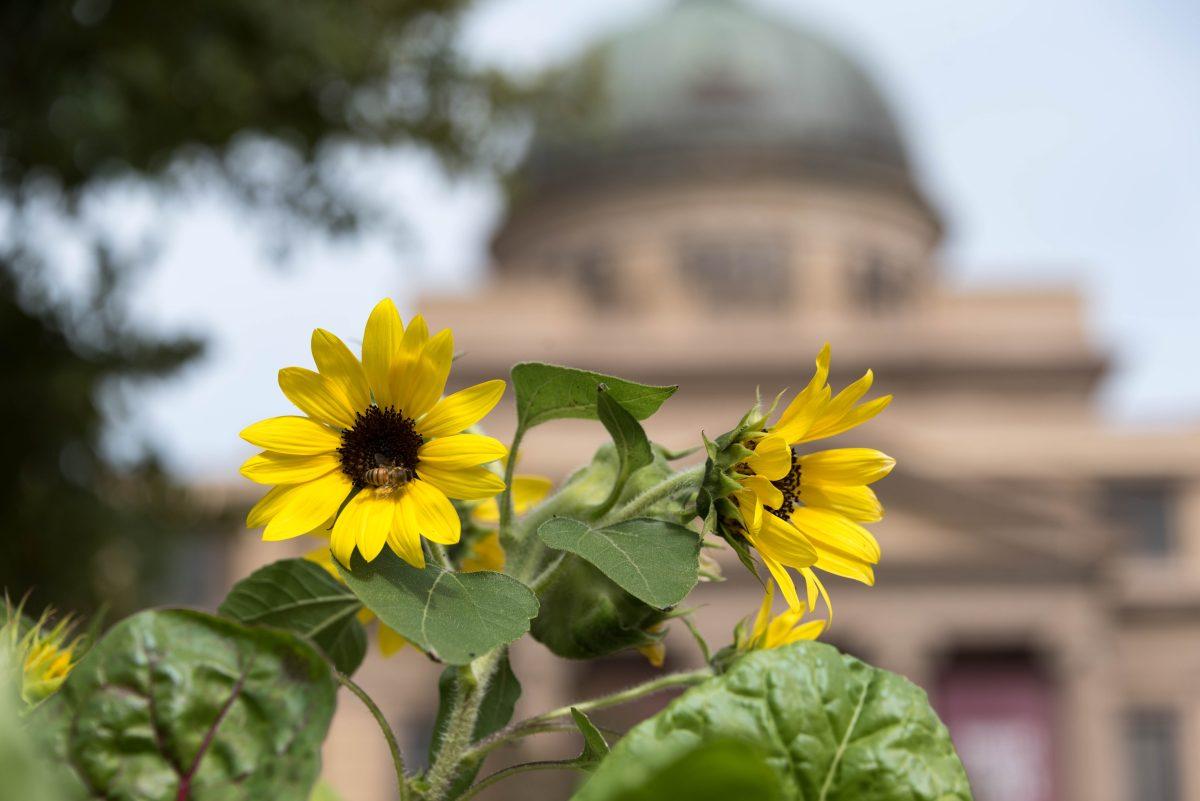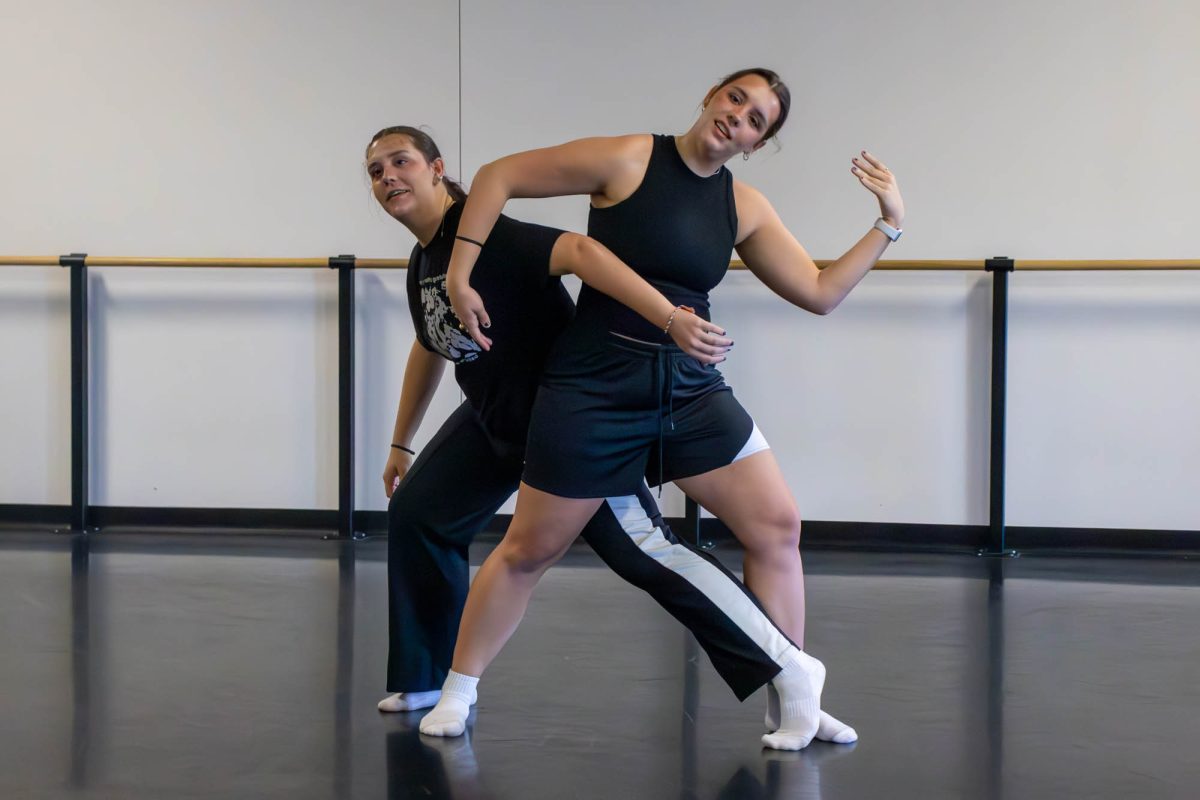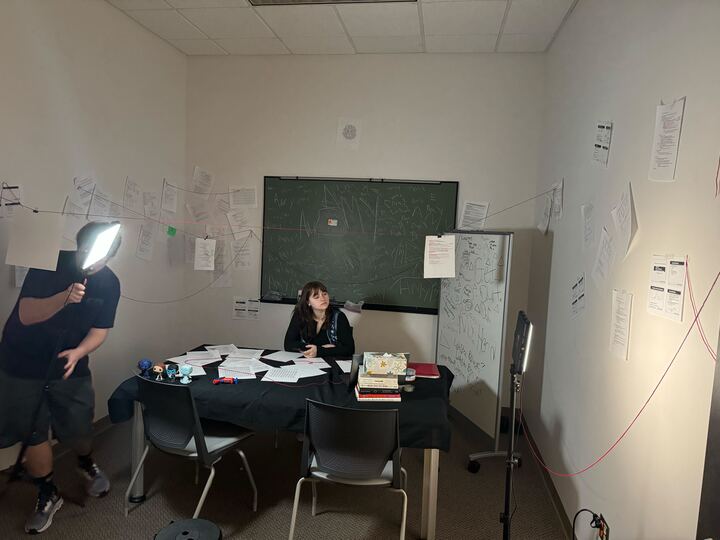Many people’s first reaction when encountering a bee may be to kill it or to run at first sight. The Brazos Valley Beekeepers Association is working to change that response and educate people on why bees should be protected instead of feared with the Fall Beekeeping School.
Held on Sept. 22 at the Agrilife Center and Agriculture and Life Sciences building from 8 a.m. to 5 p.m., the event will include a variety of bee classes to choose from. Registration is $60 per person, $100 for couples and $15 for children 12-17, with lunch included.
According to Chris Barnes, chairman of the Brazos Beekeeping School committee, there will be multiple classes about every aspect of beekeeping that people would want to know.
“There are 50 classes that people can pick and choose from,” Barnes said. “There are classes that cover questions about how to get started, where to get beekeeping supplies, the biology of bees as well as the business aspects of beekeeping.”
Honey bees are arguably the most important beneficial insect to agriculture because they pollinate approximately one- third of all the food consumed in the world, according to associate professor of apiculture and Texas A&M Honey Bee Lab member Juliana Rangel.
“They provide delicious honey and other products from the hive that are used in the food, cosmetics, art and pharmaceutical industries,” Rangel said. “By protecting and improving the landscapes and areas around honey bee colonies, we are improving the diversity and abundance of food resources for honey bees, improving their overall health and growth and in turn improving the pollination services that they provide to our food production system.”
Bees are essential, not just for agriculture and the environment, but also for people all around the world. Barnes said the Brazos Valley Beekeepers Association hosts these events to educate people on the importance of bees and help raise money to fund the new generation of beekeepers.
“The school is a fundraiser for the Brazos Beekeeping Association and the Children Beekeeping Organization,” Barnes said. “We are the largest beekeeping youth program in the state, and the funds from the school will go toward the program to buy bee suits and hives for the children at the end of the year.”
Though it’s unlikely that everyone will be able to go to the school event or participate in the youth program, Rangel said there is still a lot one person can do without becoming a trained beekeeper.
“Performing deeds at home, including planting native forage attractive to bees, reducing the amount of agrochemicals in the areas surrounding honey bees and native pollinators and encouraging the maintenance of landscapes important to pollinators, are crucial to the improvement of our honey bee and native pollinator communities in the Brazos Valley,” Rangel said.
According to assistant professor of geography Julie Loisel, learning about how bees work and affect the world is a major benefit to students.
“The act of learning opens our eyes to how complex and beautiful the world is; the world is a never-ending invitation to learn more,” Loisel said. “What’s cool about learning about the environment is that the more we learn, the more we want to know and also the more we start to care about the environment.”
To register for the Brazos Beekeeping School online, visit bvbeeks.org.
The buzz on bees
September 18, 2018
Photo by Photo by Cassie Stricker
The Brazos Valley Beekeepers Association is hosting an event on Sept. 22 to educate the community on bees.
0
Donate to The Battalion
Your donation will support the student journalists of Texas A&M University - College Station. Your contribution will allow us to purchase equipment and cover our annual website hosting costs.









